Dental Forceps
Understanding Dental Forceps
Dental forceps are specialized instruments designed for the extraction of teeth and other dental elements. These tools are integral to the practice of dentistry, serving a crucial role during various procedures where the removal of teeth is necessary. The design of dental forceps is both functional and ergonomic, allowing dentists to exert the appropriate amount of pressure with precision, reducing trauma to the surrounding tissues.
The construction of dental forceps typically includes a pair of handles and a beak, which grasps the tooth. Dental forceps come in various shapes and sizes, each tailored for different types of teeth and extraction challenges. For instance, upper molar forceps feature a broader beak to accommodate the size of the corresponding teeth, while lower incisor forceps are designed to grasp the smaller, flatter surfaces of front teeth. Understanding the specific design of each type of forceps ensures that practitioners can select the appropriate tool for each extraction, thereby enhancing efficiency and patient comfort.
There are several classifications of dental forceps, including those specifically designed for anterior, posterior, and premolar teeth. Additionally, some forceps are designed with specific features, such as curved beaks or locking mechanisms, which facilitate greater control during extraction. The effectiveness of dental forceps stems not only from their design but also from the ergonomics that support the dentist’s hand and reduce fatigue during prolonged procedures. Ultimately, the proper use of dental forceps is essential for minimizing complications and ensuring successful outcomes in tooth extractions and other dental interventions.
The Role of Dental Forceps in Dental Procedures
Dental forceps are specialized instruments designed to facilitate the extraction of teeth in a variety of clinical scenarios. Their primary purpose is to grip and remove teeth effectively, which is essential during routine and surgical extractions. In routine dental procedures, forceps are commonly employed to extract fully erupted teeth, where the broader jaw allows for straightforward access and application of the instrument. The design of dental forceps is tailored to provide optimal leverage and control, ensuring that the extraction process is precise and minimally invasive.
Surgical extractions, which often involve teeth that are not easily accessible or are impacted beneath the gums, necessitate a more sophisticated approach. In these situations, dental forceps complement other surgical tools, such as elevators and scalpels, thereby enhancing the overall efficiency of the procedure. Surgeons utilize forceps to grasp teeth firmly, enabling them to maneuver difficult extractions without causing undue trauma to the surrounding tissues. The appropriate selection of forceps can significantly impact the outcome, as the shape and size must correspond to the specific tooth being extracted.
Additionally, dental forceps play a crucial role in cases of impacted teeth, where the teeth are unable to fully erupt due to blockage from adjacent teeth or tissue. In such scenarios, forceps are employed after specific surgical techniques have been applied to expose the tooth, allowing the dentist to grip and remove it safely. This careful management and usage of forceps not only ensure the effective removal of problematic teeth but also significantly contribute to patient comfort and recovery, minimizing discomfort and complications associated with dental extractions.
Key Features to Consider When Choosing Dental Forceps
When selecting dental forceps, it is essential for professionals to evaluate several key features that influence both performance and comfort. One of the primary considerations is the quality of materials used in the construction of the forceps. High-quality stainless steel is typically preferred due to its durability, resistance to corrosion, and ease of sterilization. Additionally, options made with titanium can be advantageous, as they are lightweight yet strong, thus enhancing the overall handling during procedures.
Another vital feature to assess is the grip design of the forceps. A well-designed grip enhances control and minimizes the risk of slippage, which is particularly important during delicate extractions. Forceps units that feature textured grips provide a secure hold, which can be beneficial in high-stress environments. Ergonomic considerations also play a crucial role; forceps designed to fit the natural hand position promote comfort and reduce hand fatigue, allowing for prolonged use without discomfort.
Furthermore, the size and shape of the forceps must align with the specific dental tasks at hand. Different procedures may require varying degrees of leverage and angle, thus necessitating an appropriate selection of instrument sizes. It is advisable for dental professionals to maintain a variety of forceps in diverse sizes and shapes to cater to various dental applications, from simple extractions to more complex surgical interventions. By considering these factors, dentists can ensure that the dental forceps they choose not only meet their immediate requirements but also enhance their overall practice efficiency.
Why Buy Dental Forceps from Sirecks Enterprises?
When considering the procurement of dental forceps, dental professionals often seek reliable suppliers. Sirecks Enterprises stands out as a premier choice for several reasons. First and foremost, the product quality offered by Sirecks is exceptional. Each dental forcep undergoes rigorous quality checks to ensure they meet the highest standards of efficacy and durability. Patients and practitioners alike benefit from well-manufactured tools that provide precision and reliability.
Additionally, Sirecks Enterprises boasts an extensive range of dental forceps, catering to various specific needs within dentistry. Whether a professional requires extraction forceps, tissue forceps, or specialized instruments, Sirecks provides an unmatched selection. This breadth of options simplifies procurement and assures practitioners that they are equipped with the right tools for diverse procedures.
Another compelling aspect is the competitive pricing offered by Sirecks Enterprises. Recognizing the budgetary constraints many dental offices face, Sirecks ensures that its prices remain affordable without compromising on quality. Cost efficiency is a significant factor for dental professionals who are continually balancing efficacy and expenses.
Further enhancing the purchasing experience is the exemplary customer support provided by Sirecks. Their knowledgeable staff is dedicated to assisting clients with any inquiries or concerns, helping practitioners make informed decisions. This level of support fosters trust and reliability, which are integral in the healthcare industry.
Moreover, Sirecks Enterprises offers favorable return policies and manufacturer warranties, standing behind the products offered. This commitment to customer satisfaction means that practitioners can purchase dental forceps with confidence, knowing they have recourse should they encounter any issues. Overall, Sirecks Enterprises presents unparalleled advantages that make it an optimal choice for acquiring dental forceps.
Frequently Asked Questions About Dental Forceps
Dental forceps are essential tools in dentistry, often used for tooth extractions and other dental procedures. Many dental professionals, whether seasoned or new to the field, have questions regarding the maintenance, lifespan, and proper usage of these instruments. Here are some common queries and their answers.
What is the proper way to maintain dental forceps? Maintenance of dental forceps is crucial for ensuring their longevity and effectiveness. After each use, they should be thoroughly cleaned to remove any blood, saliva, or debris. An ultrasonic cleaner can provide a deep clean, although manual scrubbing with antibacterial soap is also effective. Following cleaning, sterilization through autoclaving is essential to prevent cross-contamination. Continuous inspection for wear and tear is recommended, and any damaged forceps should be repaired or replaced to avoid complications during procedures.
How long do dental forceps typically last? The lifespan of dental forceps depends on various factors, including frequency of use, maintenance practices, and the material from which they are made. Generally, high-quality stainless steel forceps can last for years, even decades, with proper care. Regular maintenance can significantly increase their lifespan and reduce the need for replacements, ensuring that dental professionals always have reliable tools at their disposal.
What safety tips should I follow when using dental forceps? Safety is paramount in any dental practice. When utilizing dental forceps, it is vital to ensure a proper grip and angle to minimize the risk of injury to both the patient and the practitioner. Care should be taken to avoid excessive force, as this can lead to fractures or complications. Always remain aware of the patient’s anxiety and comfort level during procedures, as this can affect their response and movement, leading to unintended accidents. Proper training and education on forceps usage will also enhance safety.
For those seeking clarity on dental forceps, these frequently asked questions offer valuable insights into best practices and ensure the effective application of these critical dental tools.
Why Buy Dental Forceps from Sirecks Enterprises?
When considering the procurement of dental forceps, dental professionals often seek reliable suppliers. Sirecks Enterprises stands out as a premier choice for several reasons. First and foremost, the product quality offered by Sirecks is exceptional. Each dental forcep undergoes rigorous quality checks to ensure they meet the highest standards of efficacy and durability. Patients and practitioners alike benefit from well-manufactured tools that provide precision and reliability.
Additionally, Sirecks Enterprises boasts an extensive range of dental forceps, catering to various specific needs within dentistry. Whether a professional requires extraction forceps, tissue forceps, or specialized instruments, Sirecks provides an unmatched selection. This breadth of options simplifies procurement and assures practitioners that they are equipped with the right tools for diverse procedures.
Another compelling aspect is the competitive pricing offered by Sirecks Enterprises. Recognizing the budgetary constraints many dental offices face, Sirecks ensures that its prices remain affordable without compromising on quality. Cost efficiency is a significant factor for dental professionals who are continually balancing efficacy and expenses.
Further enhancing the purchasing experience is the exemplary customer support provided by Sirecks. Their knowledgeable staff is dedicated to assisting clients with any inquiries or concerns, helping practitioners make informed decisions. This level of support fosters trust and reliability, which are integral in the healthcare industry.
Moreover, Sirecks Enterprises offers favorable return policies and manufacturer warranties, standing behind the products offered. This commitment to customer satisfaction means that practitioners can purchase dental forceps with confidence, knowing they have recourse should they encounter any issues. Overall, Sirecks Enterprises presents unparalleled advantages that make it an optimal choice for acquiring dental forceps.
| specification |
Surgical grade stainless steel promotes corrosion resistance and longevity. Technical Specifications – 17 Right Upper Molars Forceps: Material: stainless steel |
|---|

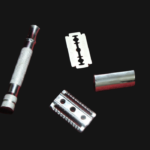
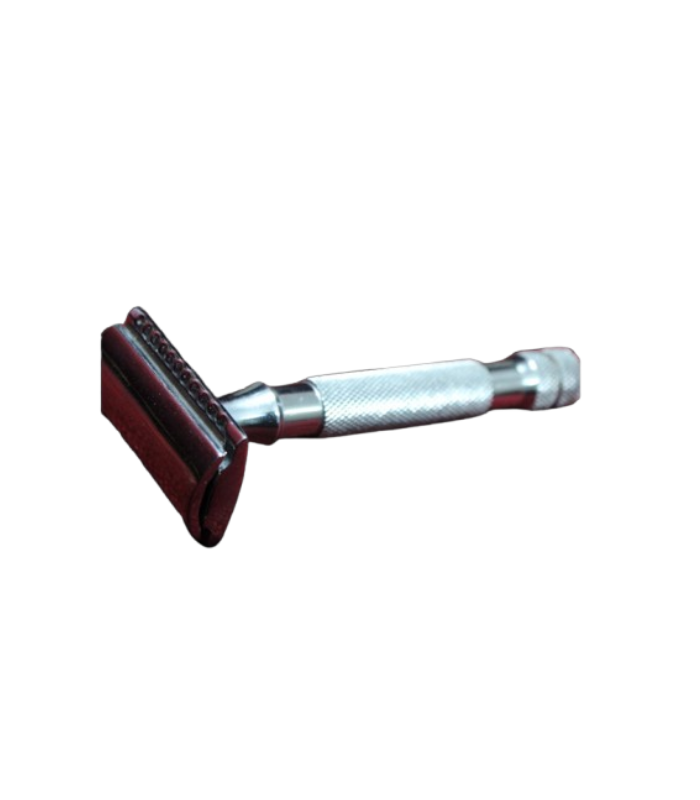




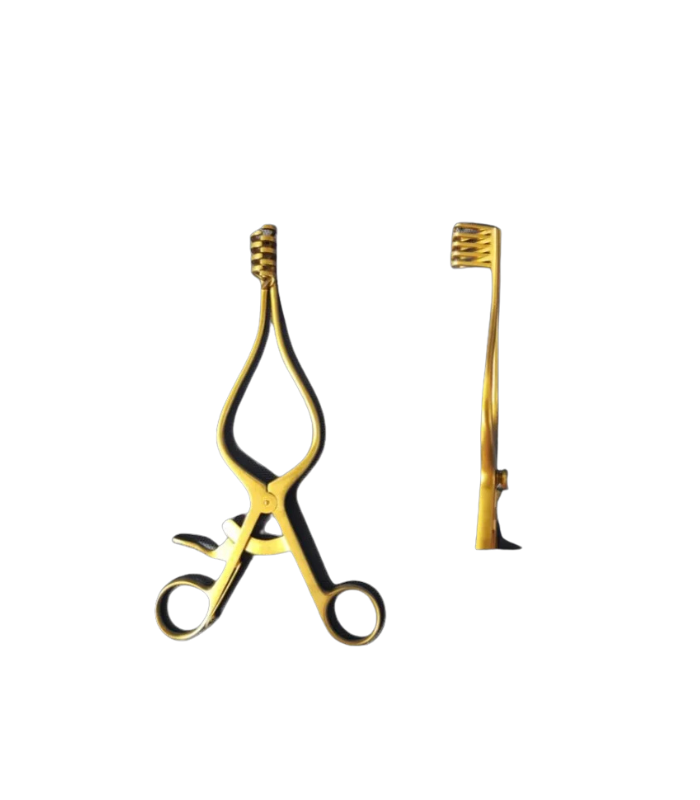
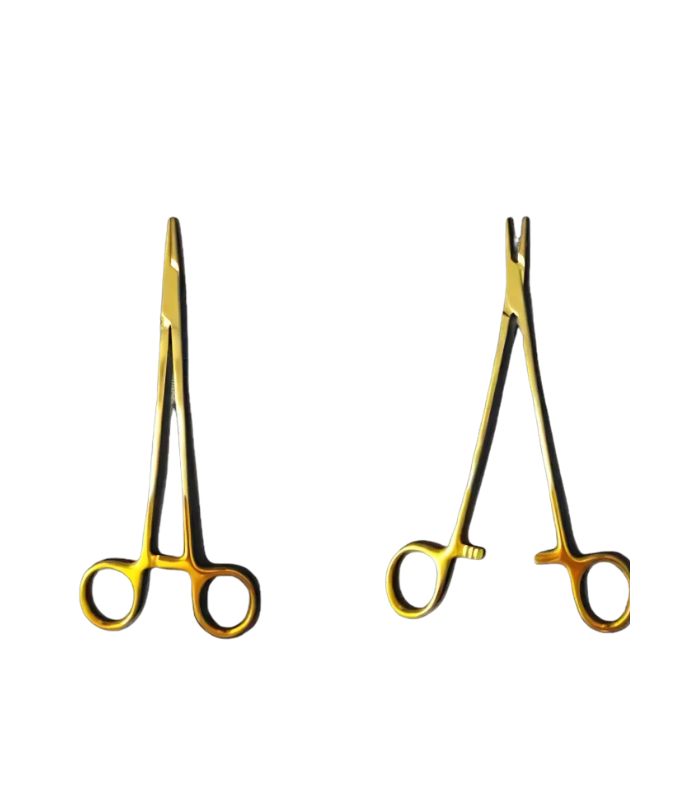
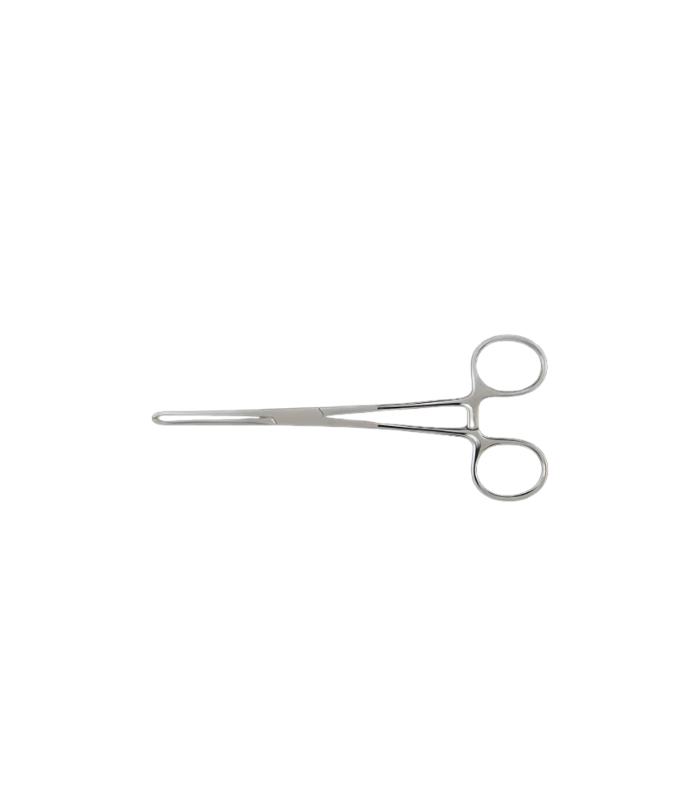
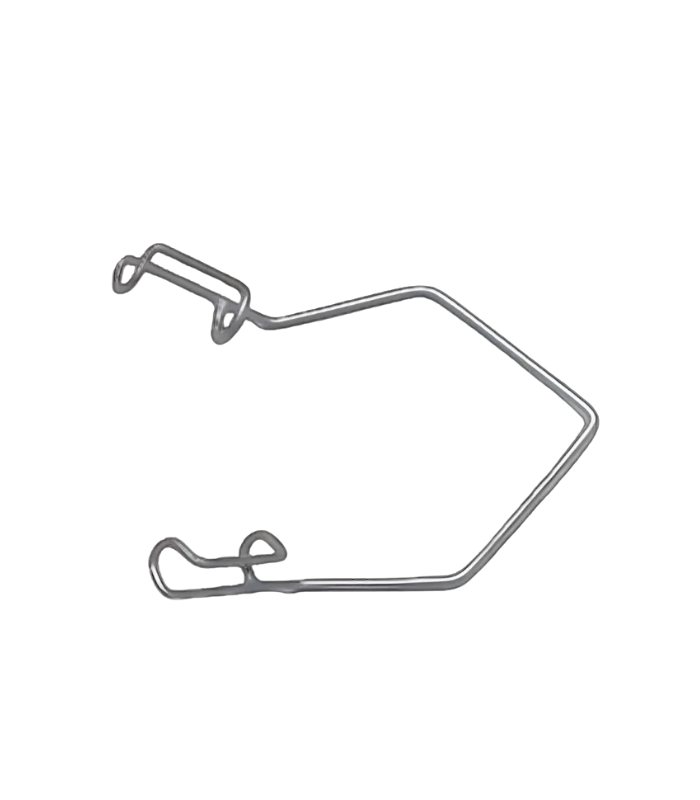
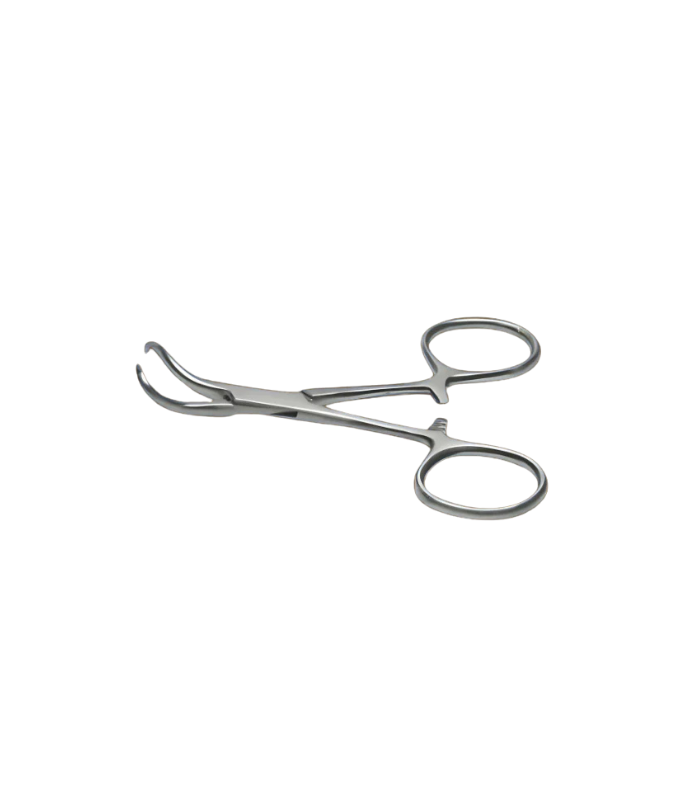
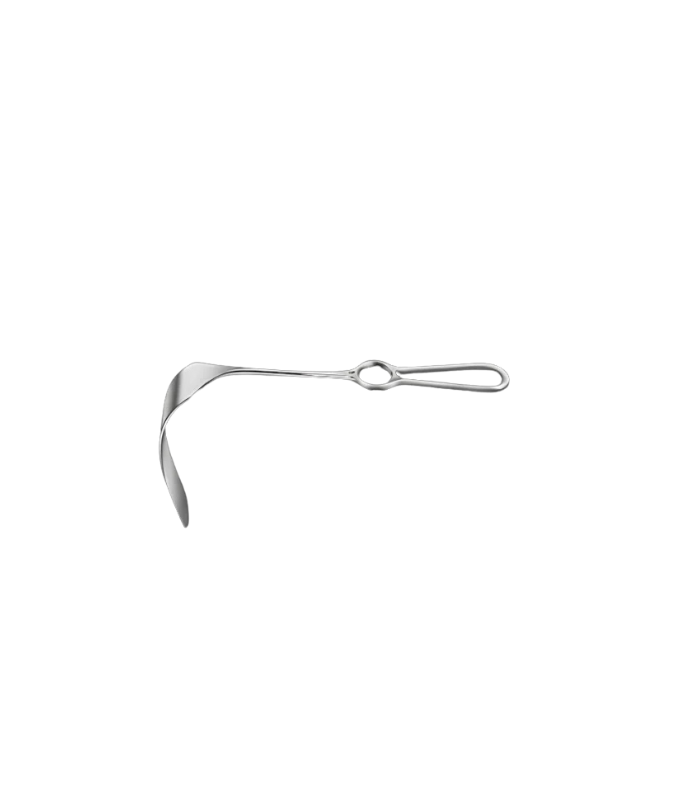




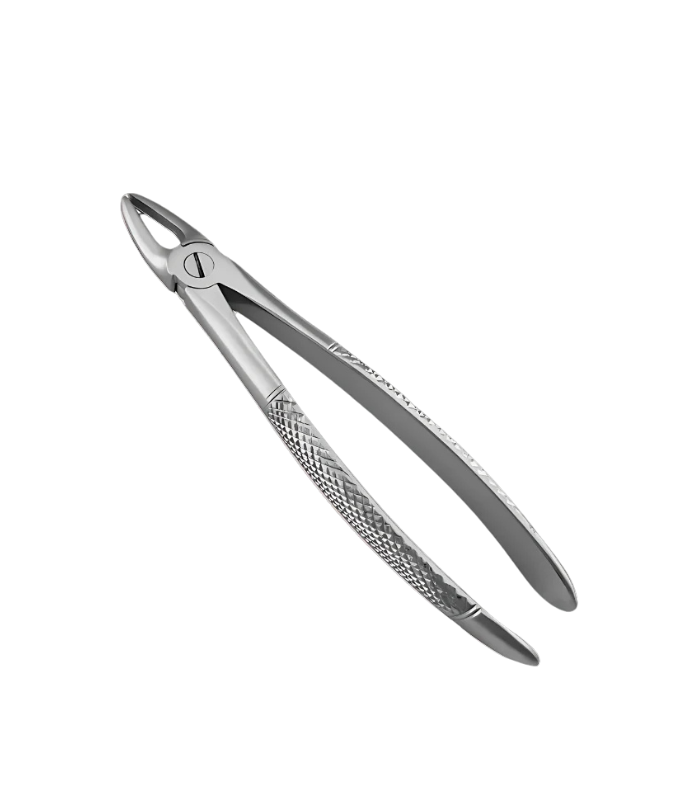







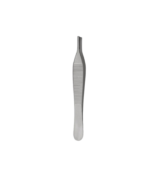






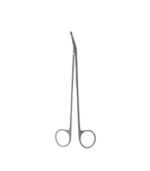
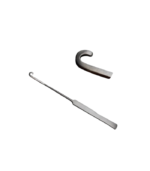
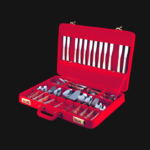


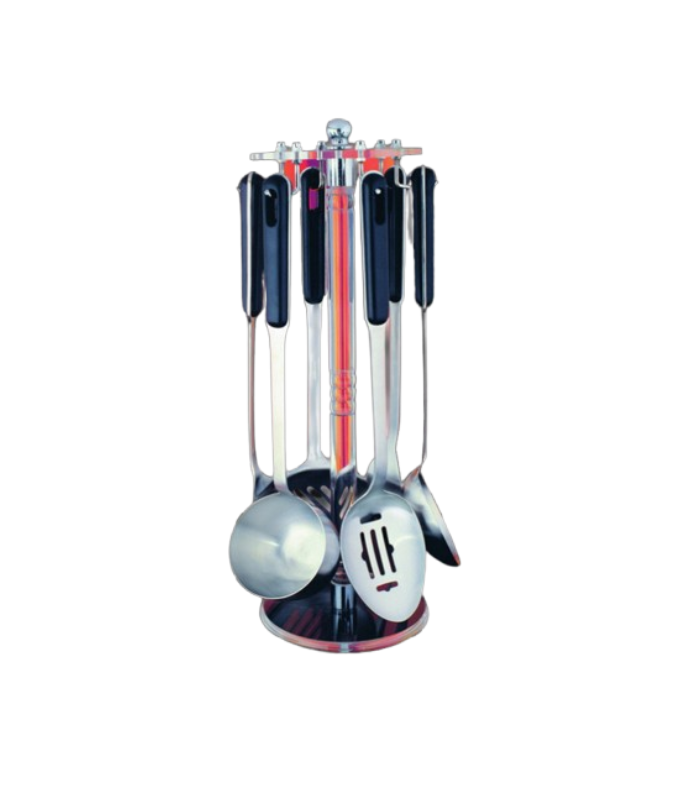

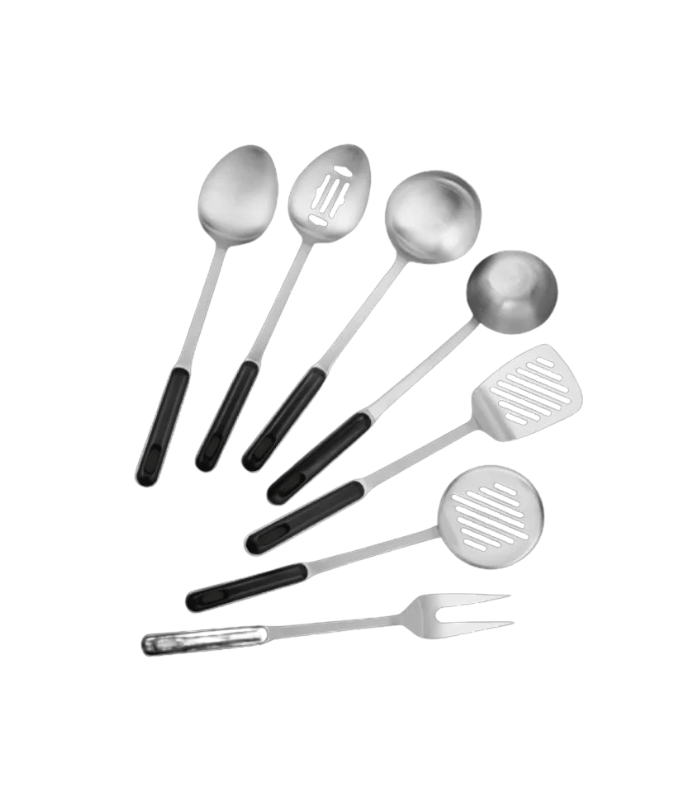








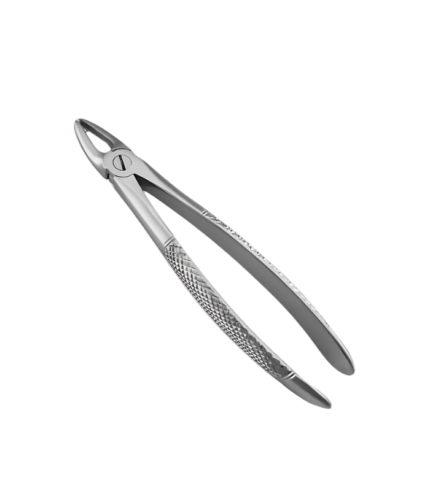

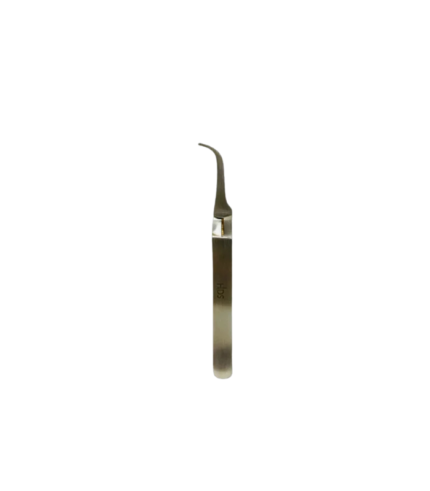
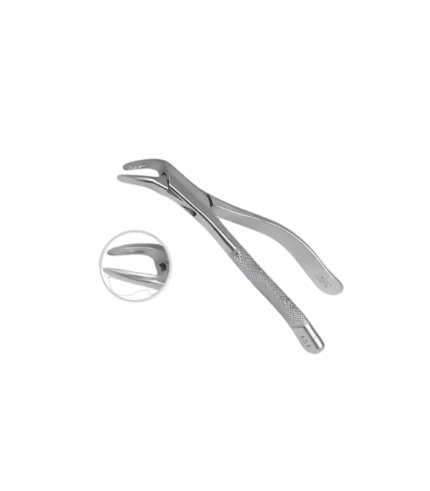
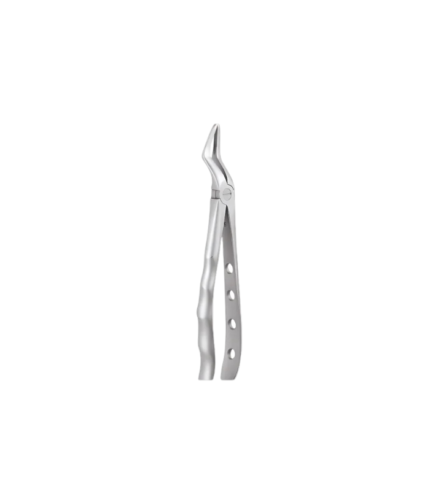



Reviews
There are no reviews yet.